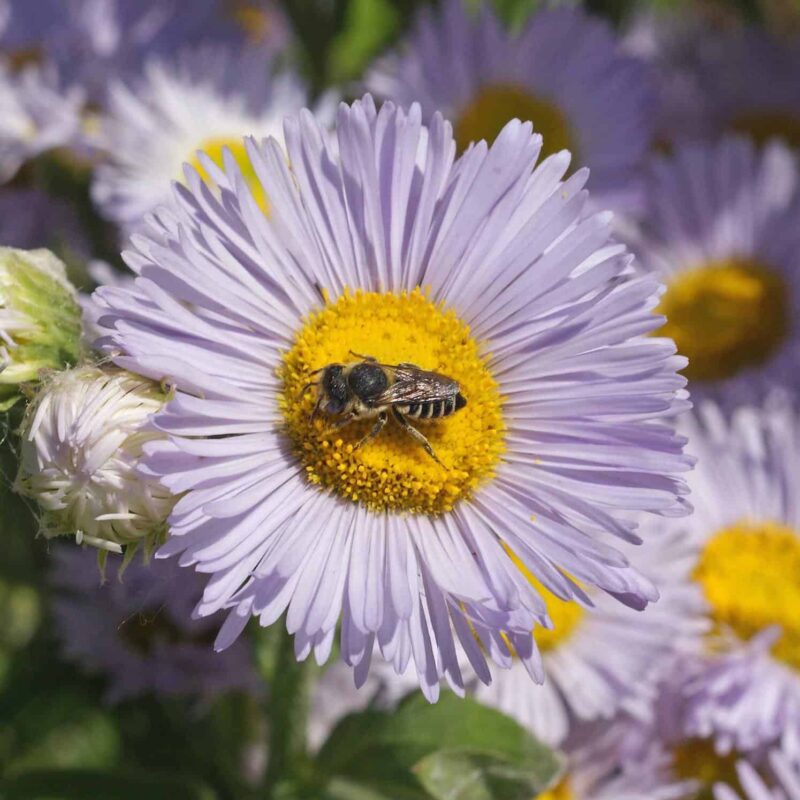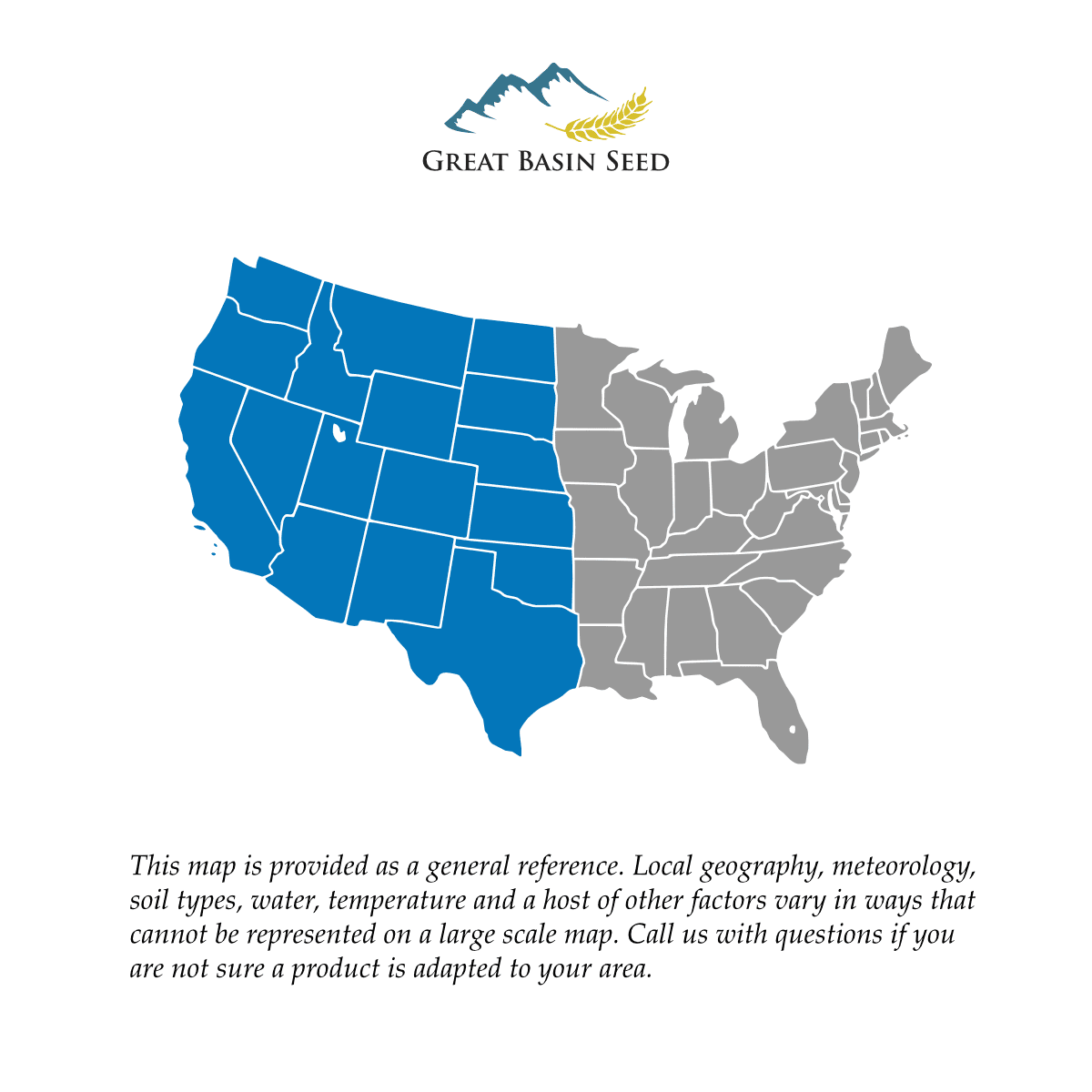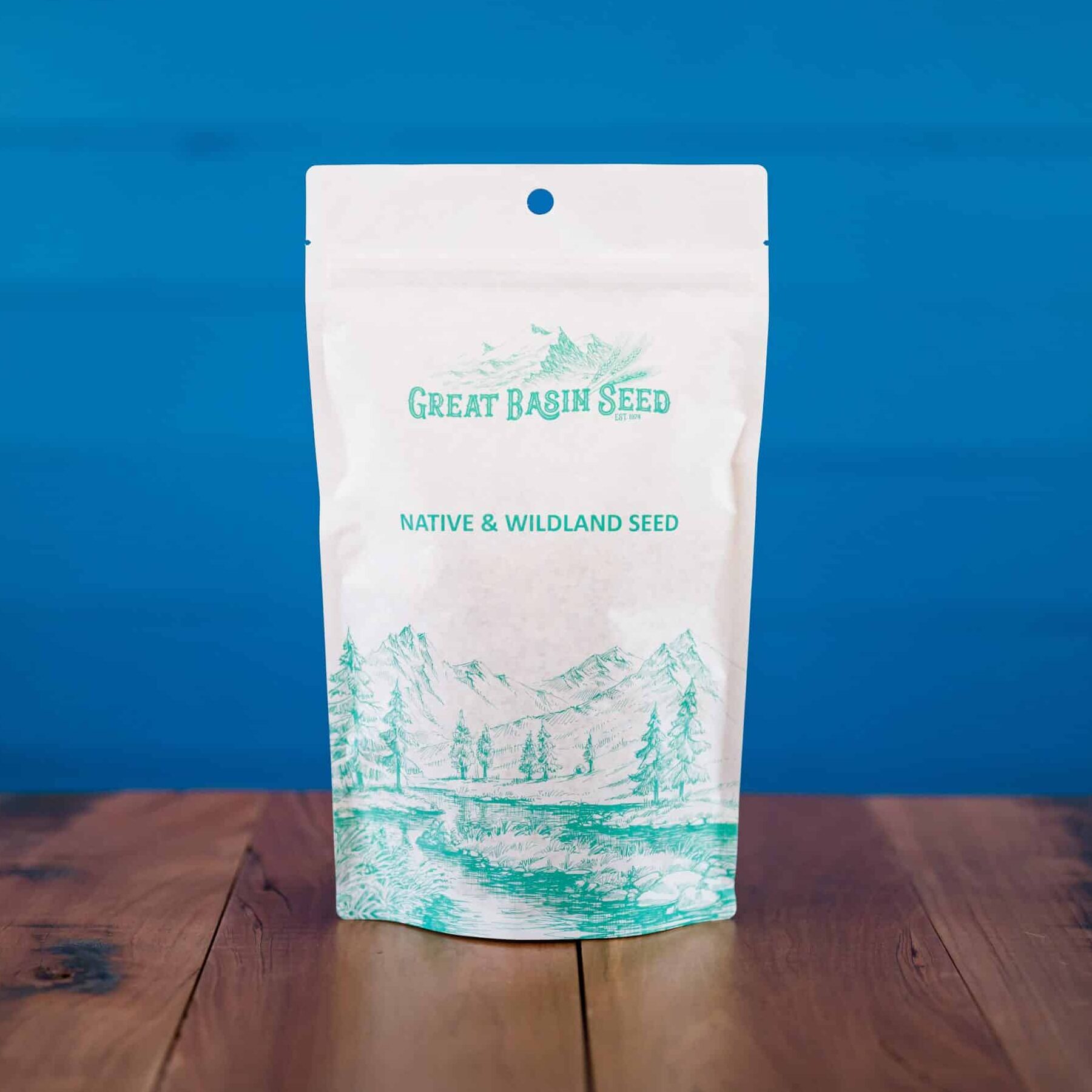Min. to Max. Annual Precipitation
24in.
Average Max. Height
Aspen Daisy (Erigeron speciosus) is a perennial wildflower known for its white/yellow petals surrounding the yellow/orange center. This Daisy is a native and is often found in meadows, open woodlands, and alpine environments. Erigeron speciosus prefers a well-drained soil.
General Description:
Aspen Daisy, also known as the “Mountain Daisy” or “Aster,” is a perennial flowering plant that typically grows in alpine and mountainous regions. Aspen daisies prefer well-drained soil that is rich in organic matter. They thrive in sandy or loamy soils, which provide good drainage and aeration. It’s important for the soil to retain some moisture without becoming waterlogged, as excessive moisture can lead to root rot. Additionally, a slightly acidic to neutral pH level is ideal for their growth, ranging from about 6.0 to 7.0 pH.
The Aspen Daisy features flowers that are typically characterized by their bright yellow or white petals, which radiate around a central disc that may be yellow or orange. The flower heads are usually daisy-like in appearance with a round shape. Each flower can measure between 1 to 3 inches in diameter, and they often bloom in clusters. The petals are usually narrow and elongated. Aspen daisies typically grow to a height of about 12 to 24 inches
Uses:
Common uses are for ornamental landscaping, wildflower gardens, and erosion control.
Planting Conditions:
They are well-suited to cooler climates and can tolerate frost, making them ideal for mountainous areas. They prefer sunny locations where they can receive full to partial sunlight. They are well-suited for planting in areas that range from about 5,000 to 12,000 feet. Aspen daisies typically bloom from late spring to early summer, with their peak flowering period occurring between May and July. They generally thrive in areas that receive moderate annual precipitation, typically ranging from about 12 to 36 inches. It prefers consistent soil moisture but should not be waterlogged.
Planting in spring allows the daisies to benefit from gradually warming temperatures, promoting vibrant growth and blooming. It is usually recommended to sow seeds in the spring after the last frost or to start them indoors 6 to 8 weeks before the last frost date.
Establishment:
Choose a location that receives full sun to partial shade, as aspen daisies thrive in bright conditions. Opt for well-drained, nutrient-rich soil as Aspen Daisies prefer slightly sandy or loamy soils that allow for good drainage.
It is usually recommended to sow seeds in the spring after the last frost or to start them indoors 6 to 8 weeks before the last frost date.
The germination time for aspen daisies typically ranges from 7 to 14 days under optimal conditions. Ideal temperatures for germination are between 65°F to 75°F. Warmer temperatures can expedite germination, while cooler temperatures may slow it down.Warmer temperatures can expedite germination, while cooler temperatures may slow it down.
After the initial establishment period, you can reduce watering to once a week, or more frequently during particularly hot or dry spells. When you water, aim for deep watering to encourage strong root growth, rather than shallow, frequent watering.
Seeding Rate:
The seeding rate for aspen daisies typically ranges from 1 to 2 pounds of seeds per 1,000 square feet or around 40 to 60 pounds per acre.
The germination rate for aspen daisies typically ranges from 70% to 90%, depending on various factors such as seed quality, environmental conditions, and proper care during the germination process. **Don’t plant deeper than 1/4″
Quick Plant Facts
| Scientific Name: | |
|---|---|
| Lifespan: | |
| Broadcast Rate: | 40-60 lbs per acre |
| Max Sowing Depth: | |
| Sun & Shade Tolerance: | Full sun, Partial shade |
| pH Tolerance: | |
| Elevation of Occurance: | |
| Growth Height: | |
| Min. Precipitation: | |
| Best Time to Sow: |






